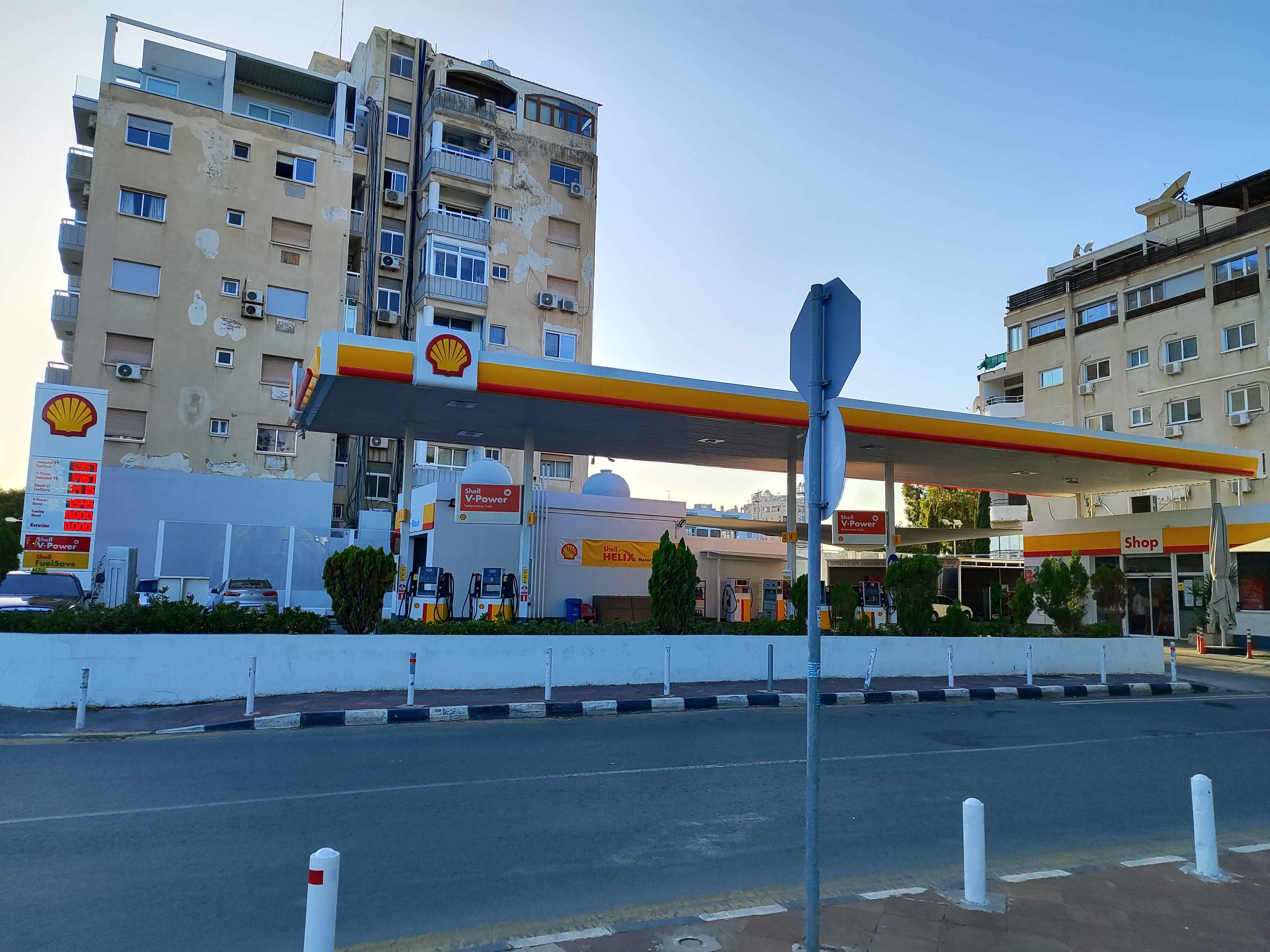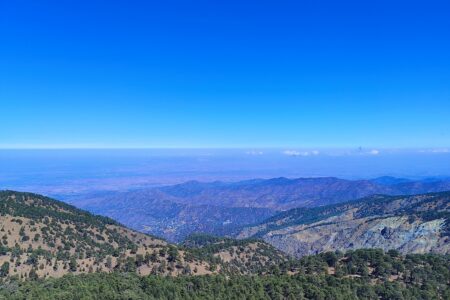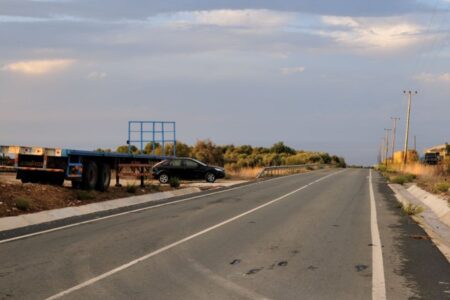Cyprus is not only about picturesque beaches and rich history but also a great place for road trips. Many tourists prefer renting a car to explore the island on their own. To make your journey smooth, it’s essential to understand the nuances of gas stations in Cyprus. This guide provides detailed information about local petrol stations, fuel prices, services, and useful tips for drivers.
Contents
- 1 Major Petrol Station Networks in Cyprus
- 2 Service Features
- 3 Payment Options and Currencies
- 4 Fuel Prices
- 5 Types of Fuel
- 6 Electric Charging Stations and Alternative Fuels
- 7 Rules and Norms
- 8 Tips for Drivers
- 9 Road Rules and Driving Features in Cyprus
- 10 Road Conditions and Infrastructure
- 11 Parking
- 12 Car Rental and Fuel Requirements
- 13 Vehicle Condition
- 14 Emergency Numbers
- 15 Environmental Initiatives
Major Petrol Station Networks in Cyprus
Cyprus hosts several major gas station networks supplying fuel to both locals and tourists. The most common networks include:
- EKO: A Greek company with a wide network of stations across the island, known for high-quality fuel and excellent service.
- Petrolina: A Cypriot company offering fuel and convenience products in their mini-marts.
- Shell: An international oil company with a network of modern gas stations in Cyprus, providing premium fuel and additional services for driver convenience.
Most petrol stations are located in cities and along main highways, ensuring easy access for drivers.
Service Features
Petrol stations in Cyprus are known for their high level of service. Most operate on a self-service basis, but many have staff available to assist with refueling. Typical operating hours are from 6:00 AM to 10:00 PM, though in major cities like Nicosia, Limassol, and Paphos, you can find 24-hour stations.
In addition to fuel, stations often offer extra services such as:
- Car Washes: Many stations have automatic or manual car washes.
- Shops: Mini-marts where you can buy drinks, snacks, and essential goods.
- Cafes and Restaurants: Some stations feature small cafes for a quick bite or rest during your trip.
Payment Options and Currencies
Most petrol stations accept cash and bank cards. However, some may not accept international credit cards, so it’s wise to carry enough cash in euros, the local currency. Some self-service machines only accept coins or specific denominations of banknotes.
Fuel Prices
Fuel prices in Cyprus are relatively stable and regulated by the government, with minimal variation between stations. On average, fuel is cheaper than in most Western European countries, though prices may fluctuate based on global oil prices.
To save money, it is recommended to monitor fuel prices and refuel at stations offering better deals. Some gas stations provide discounts or loyalty programs for regular customers.
As of November 2024, the average fuel prices in Cyprus are as follows:
- 95-octane gasoline: approximately €1.36 per liter.
- 98-octane gasoline: approximately €1.47 per liter.
- Diesel fuel: approximately €1.42 per liter.
Fuel prices in Cyprus are regulated by the government, so the difference between various gas stations is minimal. However, prices may vary slightly depending on global oil prices and exchange rates. To save money, it’s advisable to keep an eye on promotions and special offers at gas stations. Some stations offer discounts or bonus programs for loyal customers.
Types of Fuel
The following types of fuel are available in Cyprus:
- Unleaded Petrol 95 and 98 Octane: Suitable for most gasoline vehicles.
- Diesel: Commonly used and widely available.
- Liquefied Petroleum Gas (LPG): Less common but available at some stations.
It’s important to know the required fuel type for your vehicle to avoid issues.
Electric Charging Stations and Alternative Fuels
With advancing technology, Cyprus is developing infrastructure for electric vehicles. While the number of charging stations is still limited, you can find them in major cities and tourist areas. If traveling with an electric vehicle, plan your route considering the availability of charging points.
Interest in alternative fuels like biodiesel and natural gas is growing, but their availability remains limited. The primary fuel options are still petrol and diesel.
Rules and Norms
- No Smoking: Smoking is strictly prohibited at gas stations for safety reasons.
- Fueling Containers: Refueling portable containers may be restricted. Check with station staff if this is necessary.
- Mobile Phones: Using mobile phones at gas stations is discouraged for safety reasons.
Tips for Drivers
- Plan Ahead: Ensure you have enough fuel when traveling to remote or mountainous areas, where stations may be scarce.
- Check Operating Hours: In rural areas, stations may close earlier, so refuel during the day.
- Carry Cash: Some stations may not accept cards, making cash essential.
- Follow Traffic Rules: Cyprus has left-hand driving, which may be unfamiliar to many tourists. Pay attention to road signs and speed limits.
- Use GPS or Maps: Some stations can be challenging to locate without navigation, especially in rural areas.
Road Rules and Driving Features in Cyprus
Left-Hand Driving
One of the most distinctive features of driving in Cyprus is left-hand driving, inherited from the British system. This can be unfamiliar to tourists from right-hand-driving countries. Exercise extra caution at intersections and when entering main roads.
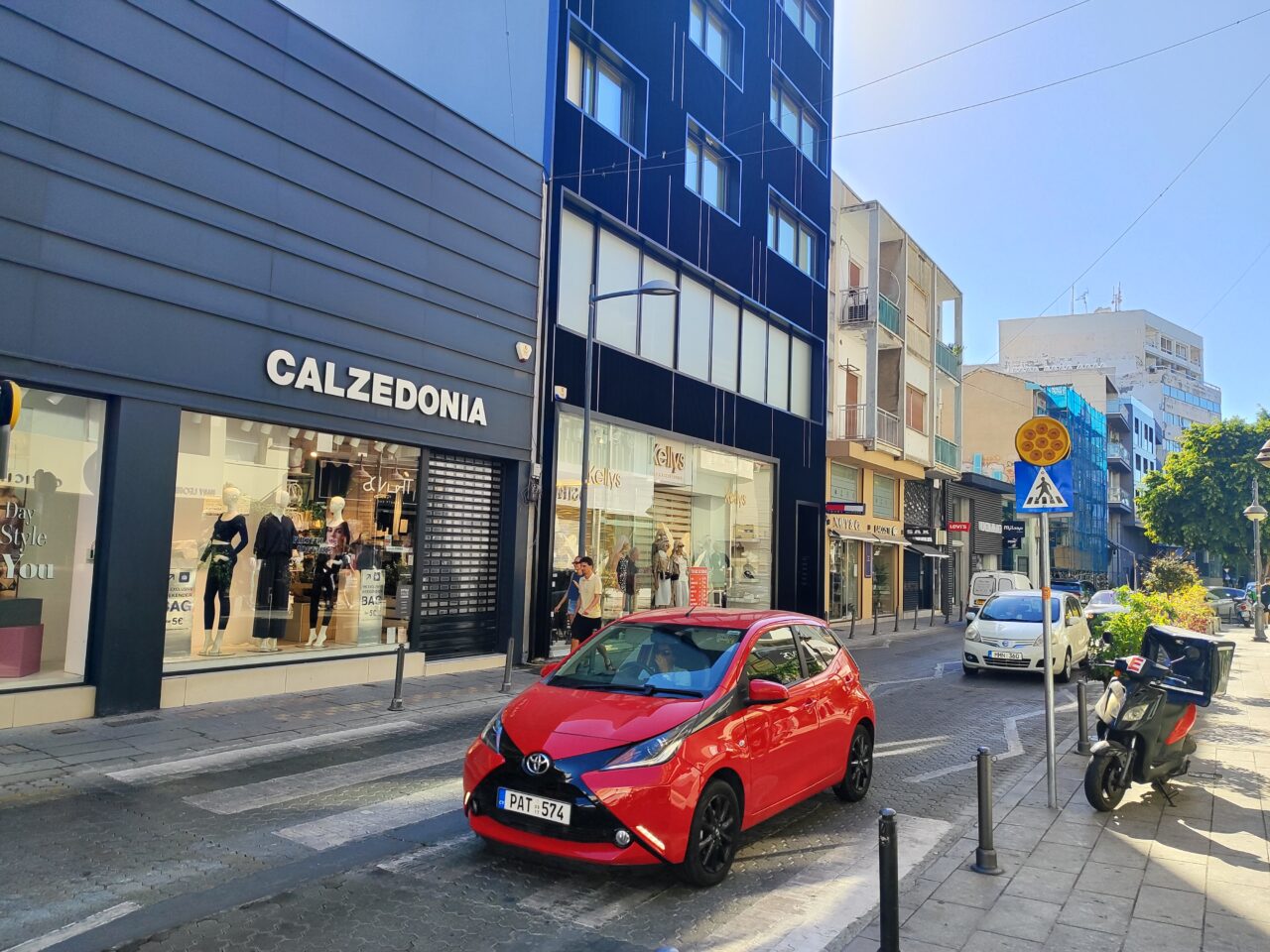
Speed Limits
- Urban Areas: Maximum 50 km/h.
- Open Roads: Maximum 80 km/h.
- Highways: Maximum 100 km/h.
Speeding can result in fines and other penalties. Speed cameras are installed on roads, so adhere to speed limits.
Seatbelts
Seatbelts are mandatory for all passengers, both in the front and back seats.
Mobile Phones
Using mobile phones without a hands-free system while driving is prohibited.
Alcohol and Driving
The legal blood alcohol limit is 0.5‰, but it’s advisable to avoid alcohol entirely before driving.
Road Conditions and Infrastructure
Cyprus has a well-developed road network, especially in coastal areas and between major cities. Highways are in good condition, offering quick access to key destinations.
In mountainous areas, roads can be narrow and winding. Drive carefully and observe speed limits.
Parking
In cities, parking can be either paid or free. Pay attention to signs and markings:
- Blue Markings: Paid parking by the hour. Purchase a ticket from nearby kiosks or machines.
- Yellow Markings: No parking allowed.
- White Markings: Free parking.
Improper parking may result in fines or vehicle towing. For detailed parking information in Cyprus, check out our separate article.
Car Rental and Fuel Requirements
If you rent a car in Cyprus, pay attention to fuel requirements specified in the rental agreement. Some companies require returning the car with a full tank or a specific fuel level. Non-compliance can result in additional charges.
Vehicle Condition
Before embarking on a long trip, check the vehicle’s condition:
- Oil and Coolant Levels: Ensure all fluids are at proper levels.
- Tire Pressure: Proper tire pressure enhances safety and fuel efficiency.
- Lights: Test headlights, brake lights, and turn signals.
Emergency Numbers
- Police: 112 or 199
- Ambulance: 112 or 199
- Fire Service: 112 or 199
Calls to 112 are free from any phone and available 24/7.
Environmental Initiatives
In recent years, Cyprus has strengthened environmental initiatives to reduce emissions and protect the environment. Some gas stations, including Shell, have introduced waste recycling programs, use renewable energy, and offer more eco-friendly fuel options. Supporting such initiatives helps preserve the island’s natural beauty.
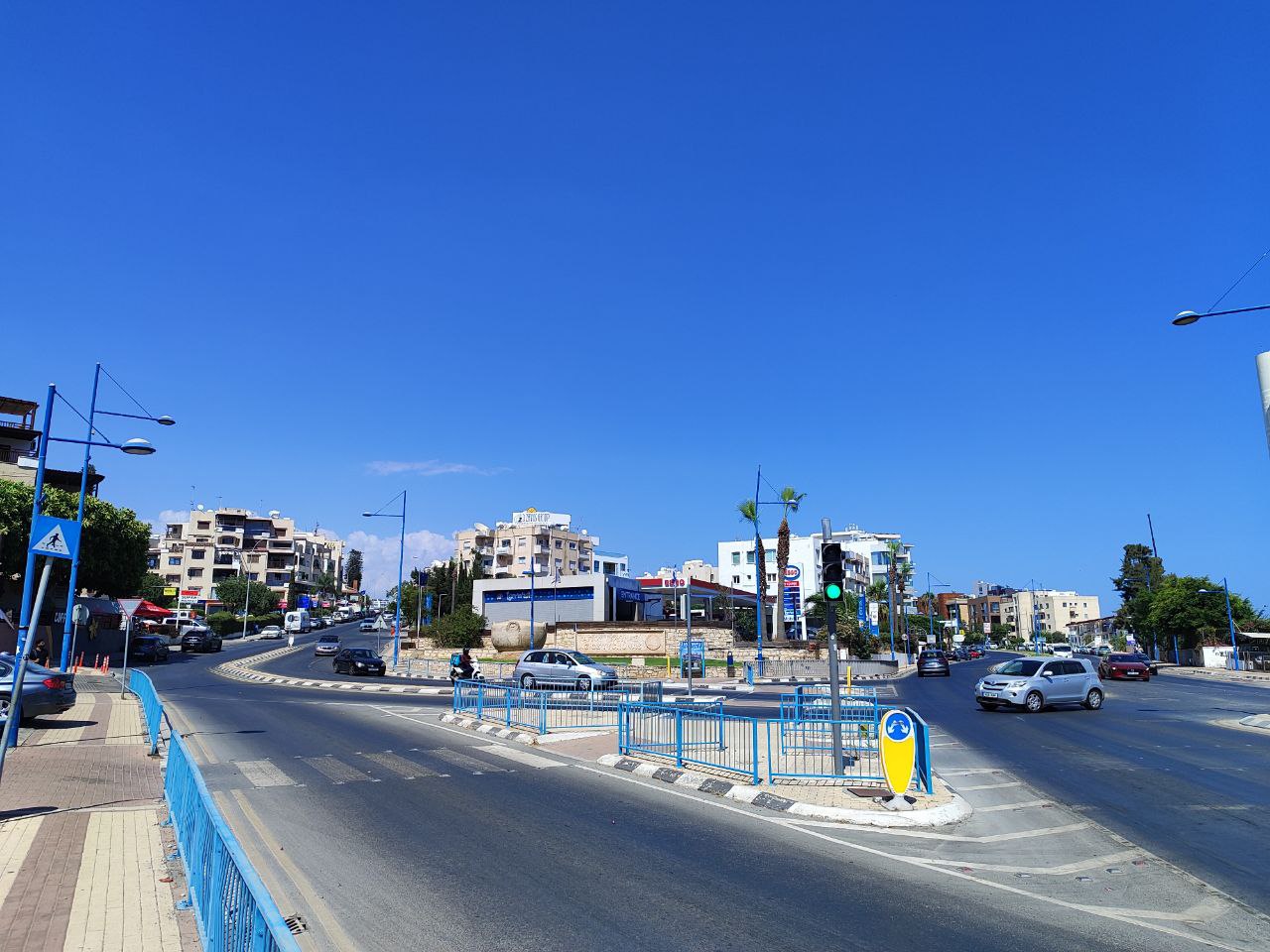
Understanding the features of petrol stations in Cyprus will greatly ease your travels and help avoid unpleasant surprises. Following our tips, you can enjoy the island’s beauty without worry. We wish you a pleasant trip and safe roads!

